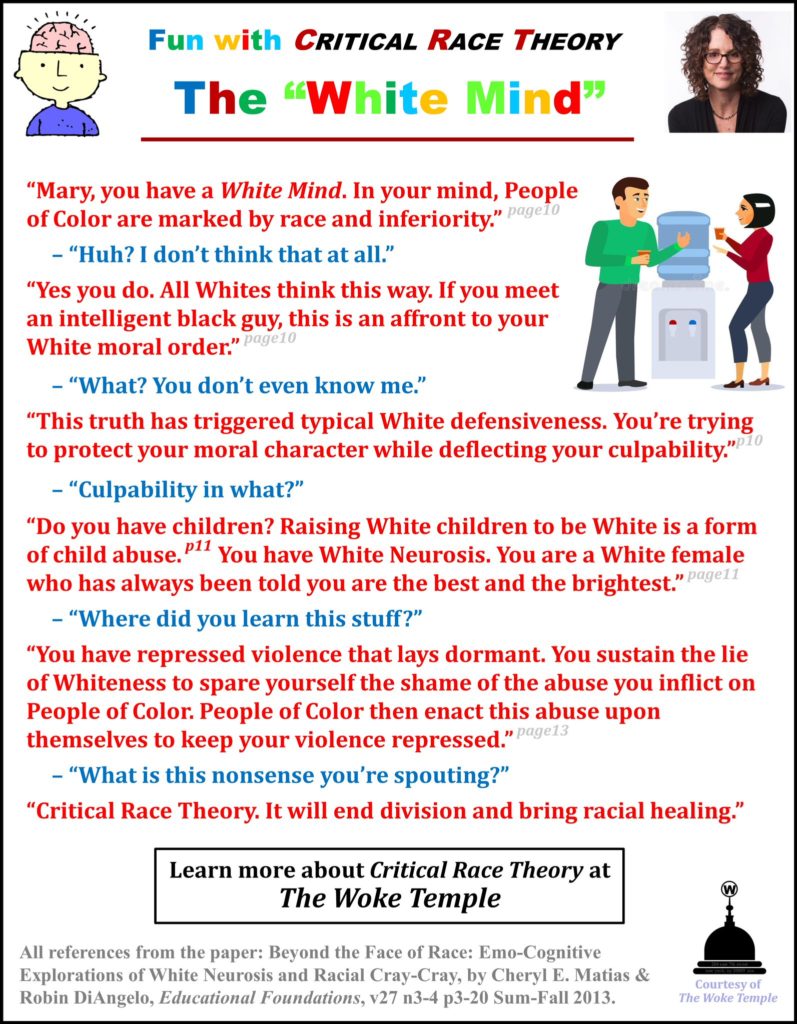The Best Thing to Do About People Who Carefully Rely on Statistics When Analyzing Complex Social Issues? Fire Them.
What is the effect of violent protests (versus peaceful protests) on future elections? This would seem to be a compelling topic these days. As one example of many, would it affect voters to see a video of people breaking into a car dealership in Oakland, spray painting vehicles and then setting several vehicles on fire as part of a political protest related to the detestable homicide of George Floyd?
What if a person, citing relevant statistics by Princeton political scientist Omar Wasow, offers insights based on these statistics? Apparently, the best response is to get that person fired because such a Tweet would allegedly be "racist." That's what happened in the case of David Shor, as reported by Vox. The video posted above post-dates the firing of Shor, but I am posting it to illustrate.
Here is Shor's May 28, 2020 Tweet:

Now, two excerpts from the detailed article in Vox:
Mass demonstrations work, in other words, but looting and disorder are counterproductive. This was Shor’s sin: repeating Wasow’s findings that marching is good but looting and vandalism are counterproductive.
...
Shor did not say that protesting is harmful; he said that rioting is harmful. And he didn’t say that data should dictate how people feel. And while one data scientist’s tweet of one political science paper should not be the last word on social movement tactics, the reasonable response to Shor would be to counter with some other form of evidence. Instead, the dialogue followed a pattern in progressive circles that often involves making evidence-free assertions about how members of various groups feel.
My concern is that we have entered an era where many people and institutions exuberantly accept feelings as a the best way to understand the world, and that feelings are more compelling than careful analysis of facts, even when the factual analysis is based on statistics. I am seeing ubiquitous examples where intelligent-seeming people declare that anecdotes are superior to careful analysis, both on the political left and right.
We seem to be entering a new Dark Age, where important conversations can no longer be had and where thoughtful people need to choose among these two options, where there are only these two options: A) Your need to express your thoughts freely in a nation created upon the assumption that people must talk with each other freely and B) Your need to not get fired from your job.
John McWhorter sees what might be a light at the end of the tunnel:
I hope McWhorter is correct. I seem to be losing 1% of hope each day.


